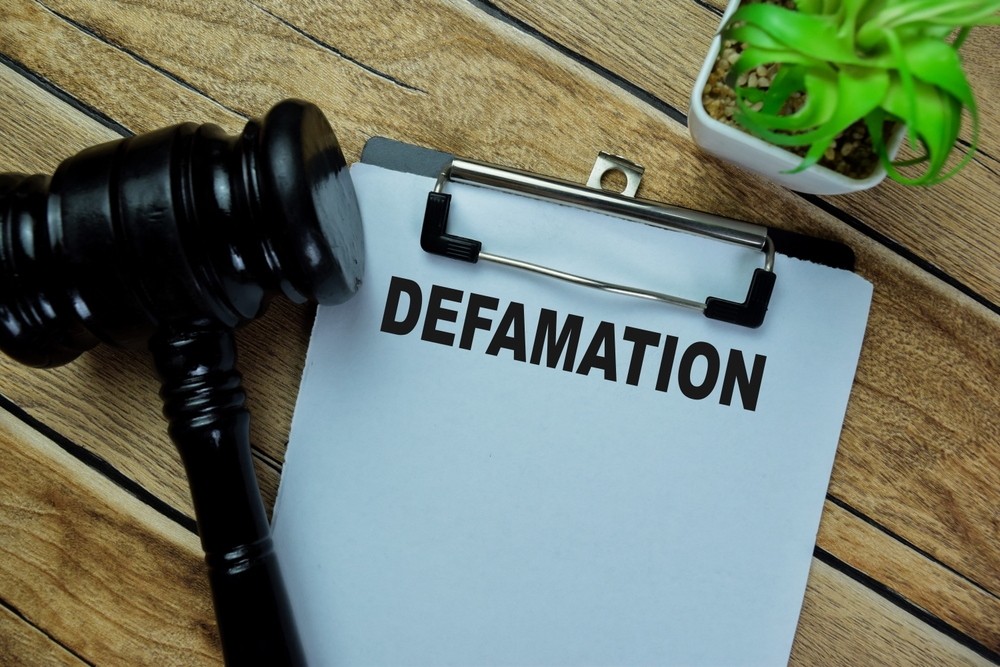In the age of social media, words can make or break companies and careers. This makes defamation law more important than ever. Whether you’re a business owner, a professional, or just someone who’s had their name dragged through the mud online, knowing your rights and protections under defamation law in Australia is crucial.
If you find yourself caught up in a sticky legal situation, reaching out to the best defamation lawyers in Brisbane could make all the difference.
In this blog, we go over five key things you need to know about defamation law to be prepared for your case.
1. Uniform Defamation Laws Across Australia
One of the first things to understand is that Australia has a fairly uniform approach to defamation law, thanks to the Defamation Act 2005. This Act was designed to standardise defamation laws across all states and territories, simplifying things for everyone involved. This uniformity is particularly useful if you’re involved in industries like construction, where you might deal with defamation matters that cross state lines.
It’s to be noted there are some minor exemptions. For example, Western Australia and the Northern Territory haven’t adopted the 2021 amendments to the Act. But generally, the framework is consistent nationwide, ensuring you don’t have to navigate completely different rules depending on your location.
2. Abolition of Libel and Slander Distinction
Traditionally, there were two types of defamation considered: libel and slander. Libel means written defamation, and slander means spoken defamation. In Australia, these distinctions have been wiped out.
Under current law, all defamatory statements, whether spoken, written, or published online, are simply referred to as “defamation”. This means the courts treat them the same way, which simplifies the legal process.
So, whether someone spreads rumours about you on social media, in a blog post, or in a conversation that’s recorded and shared, it’s all considered defamation under one umbrella.
3. Burden of Proof Lies with the Defendant
In defamation cases, the defendant, the person accused of making the statement, bears the burden of proof. This is vastly different from the standard practice: typically, the plaintiff (the one who files the petition) must gather evidence and present their case before a judge.
For defamation, the defendant must show that their statement was not defamatory or that they have a valid defence for making it. There are several common defences available, including:
- Truth or Justification: The statement was true.
- Honest Opinion: The statement was a genuine opinion, not a fact.
- Absolute Privilege: Statements made in specific contexts, like in parliament or court, are protected.
- Qualified Privilege: Certain communications made in good faith, like a job reference, may be protected.
- Triviality: The statement is unlikely to cause harm.
- Innocent Dissemination: For example, a bookstore or internet provider unaware of defamatory content they distributed.
Because these defences are complex, you’ll need expert advice early on. Our best defamation lawyers in Brisbane know how to navigate these defences and can help craft a strong case.
4. Time Limitations for Filing a Defamation Claim
If you believe you’ve been defamed, time is not on your side. Generally, you have one year from the date the defamatory material was published to file a claim.
That might seem short, but it’s designed to encourage swift resolution and prevent cases from dragging on indefinitely. In exceptional cases, courts can grant extensions of up to three years, but you’ll need a good reason for the delay.
So, don’t wait around if a defamatory statement has hurt you. Consult with a lawyer as soon as possible to protect your rights.
5. The ‘Serious Harm’ Threshold
Recent reforms to defamation law introduced a significant new hurdle for plaintiffs: they must prove that the defamatory statement caused or is likely to cause serious harm to their reputation.
This change aims to balance protecting people’s reputations and preserving freedom of speech. It prevents trivial or vexatious claims from clogging up the courts.
What counts as “serious harm” can vary, but generally, it means the defamatory statement must have a meaningful negative impact on how others view the person or business.
Conclusion
To recap, here are the five key things to keep in mind about defamation law in Australia:
- Defamation laws are mostly uniform across states and territories thanks to the Defamation Act 2005.
- The old distinction between libel and slander no longer exists. Defamation covers all types of damaging statements.
- The defendant carries the burden of proving their statement wasn’t defamatory or that they have a valid defence.
- You’ve got just one year to file a defamation claim, with limited opportunities for extension.
- Plaintiffs must prove the defamatory statement caused serious harm to their reputation.
If you find yourself entangled in a defamation case lawsuit, seek legal advice as soon as possible. Cochrane Leahy Litigation is here to help you and fight to protect your protection.
We have expertise in all matters of litigation, including commercial litigation and building and construction disputes. To contact our Brisbane construction lawyers or talk to discuss your defamation case, call us at 0421 608 459 today.

